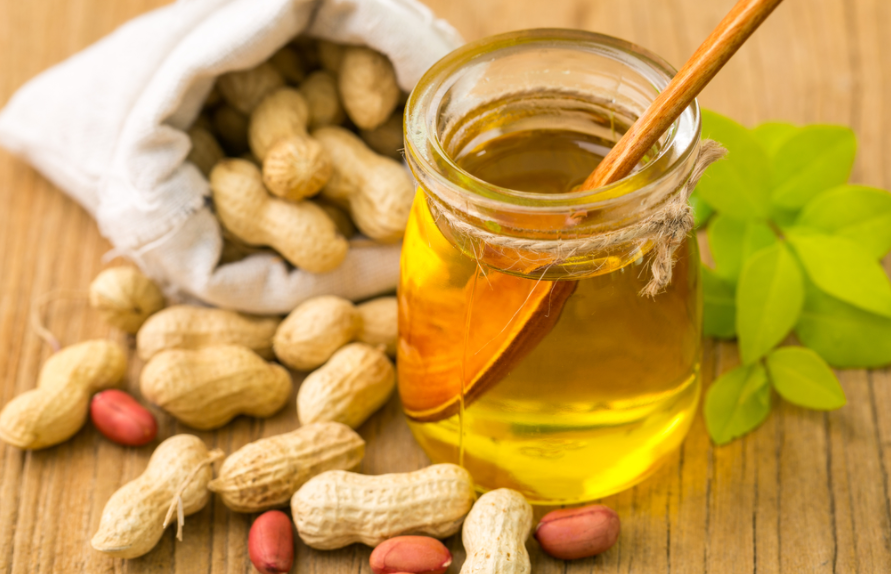Peanut oil and other edible fats and oils generally take a certain period of time from production to consumption, and sometimes require long-term storage. Oils and fats will undergo various reactions with oxidation as the main body during storage, and these reactions are almost all directed towards deteriorating the quality of oils and fats, so these phenomena are called oil deterioration. The deterioration of fats and oils not only causes changes in the appearance of fats and oils, such as flavor and color, but also may cause toxicity, which reduces its practicality and nutritional value.

1. Deteriorating smell
The unpleasant odor produced by oils during storage is usually called "aftertaste" or "returning smell". The main cause of "aftertaste" and "returning smell" is due to the oxidative rancidity of oils and fats. The odor produced by the oil in the initial stage of oxidative rancidity is called "aftertaste". When the oxidative rancidity reaches a certain level, more oxidation products are decomposed into low-molecular aldehydes, ketones, acids and other volatile substances, which are irritating Sexual smell is called "return smell" or "rancid smell".
2. Recolor
The phenomenon that the color of refined edible oil with light color gradually darkens during storage is called "reversion". The essence of the phenomenon of oil color reversion is the oxidation, isomerization of the pigment in the oil, or the polymerization of low-molecular pigments. The color recovery speed varies with different storage conditions. The time to reach high chroma is as little as a few hours, and as long as half a year. There are many factors that affect the color recovery, mainly the quality of the oil, the variety of the oil, the conditions for the preparation and refining of the oil, the degree of refining, and the storage conditions. Oils made from high-moisture oils are easy to recolor, and oils refined under low vacuum and higher temperature conditions are easy to recolor. Greases that are highly refined and do not add antioxidants are more likely to be oxidized to produce new pigments.
3. Toxicity of spoiled oil
The oxidized rancid oil not only changes the smell and color, but also is not easy to be digested and absorbed by the human body, and the oil with deep rancidity also exhibits toxicity. It has now been confirmed that the main body of toxicity is various peroxides produced in the process of oxidative rancidity. Animal experiments have shown that this toxicity is mainly manifested in the damage to internal organs, which are mainly digestive organs. Long-term intake of degraded oils can induce liver cancer.
If you want to learn about peanut oil processing technology, please feel free to contact us!
Copyright © Henan Zhongxing Grain And Oil Machinery Co.,Ltd. All Rights Reserved. Powered by MetInfo